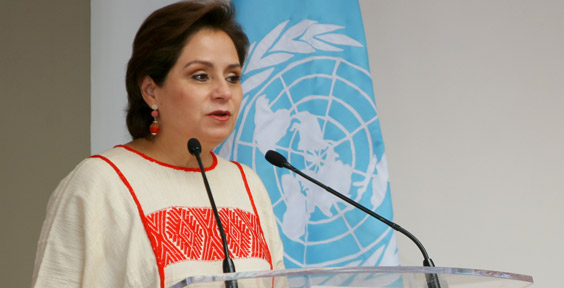The Summary and Recommendations on the 2018 biennial assessment and overview of climate finance flows of the Standing Committee on Finance shows that, on a comparable basis, global climate finance flows increased by 17% in 2015–2016 from 2013–2014 levels, the United Nations Framework Convention on Climate Change (UNFCCC) has said.

The Standing Committee on Finance – the body that supports the Conference of the Parties with respect to climate finance matters – was established by Parties at COP17.
The Summary and Recommendations provide updated information on global climate finance flows for the period 2015-2016 and trends since 2011, their implications and relevance to international climate change efforts.
They highlight the fact that the bulk of climate finance continues to go towards efforts to curb greenhouse gas emissions, and a relatively small proportion of finance goes towards efforts to enable the most vulnerable to adapt, noting measurement differences.
One central conclusion, according to the UN body, is that the growth in global climate finance seen in 2015 was largely driven by high levels of new private investment in renewable energy, the largest segment of the global total. The fall in renewable energy investment in 2016 was offset by an 8% increase in investment in energy efficiency.
However, whilst climate-related finance flows are considerable, they remain relatively small in the context of wider trends in global investment.
For example, while global investment in renewable energy and renewable energy subsides are rising, global investment in fossil fuel and fossil fuel subsidies remain considerably higher.
Another central finding is that climate finance to developing countries as reported in developed countries biennial reports to the UNFCCC increased by 24 per cent in 2015 to $33 billion and, subsequently, by 14 per cent in 2016 to $38 billion.
Other key findings relate to the efforts of Multilateral Development Banks that continue to scale up climate finance flows; flows through UNFCCC funds; and multilateral climate funds that are increasing – although their share of global climate finance flows remains small.
Ownership is a critical factor in the delivery of effective climate finance. Significant data gaps on tracking climate finance flows at domestic level still prevail.
Preliminary insights related to Article 2.1c of the Paris Agreement highlight the importance of considering climate finance flows in the broader context.
Further details can be viewed in the 2018 Summary and Recommendations here.
